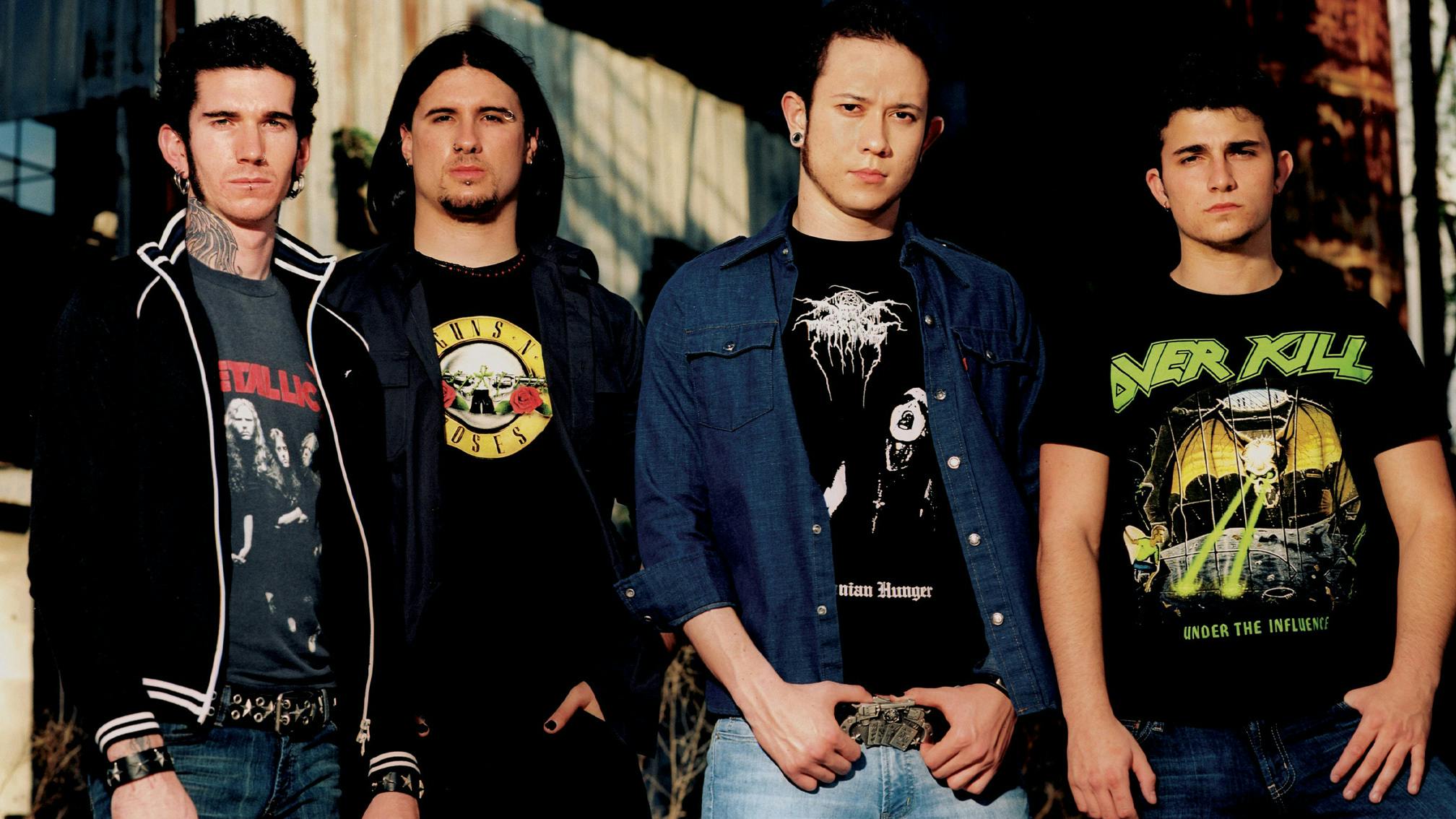On June 11 2005, a group of youngsters from Orlando, Florida found themselves bumped up from their slot on the third tier of Download Festival to a far more coveted place opening the main stage. In scenes not seen before or since, they seized the moment with both hands, drawing one of the biggest crowds of the weekend and duly levelling them in a series of furious circle pits across a no-nonsense five-song set. Since that day, the name Trivium has rarely been far from the modern metal conversation, whether being over-excitedly discussed as natural heirs to Metallica, or more-reasonably as the most dedicated and reliable of modern metal’s steadfast guardians.
It’s hard to believe that we’re now 15 years on from that grey Saturday morning at Donington, and that Trivium have since amassed a truly substantial nine-album catalogue which – although never quite reaching those stadium metal expectations – is capable of going toe-to-toe with of any of their peers.
